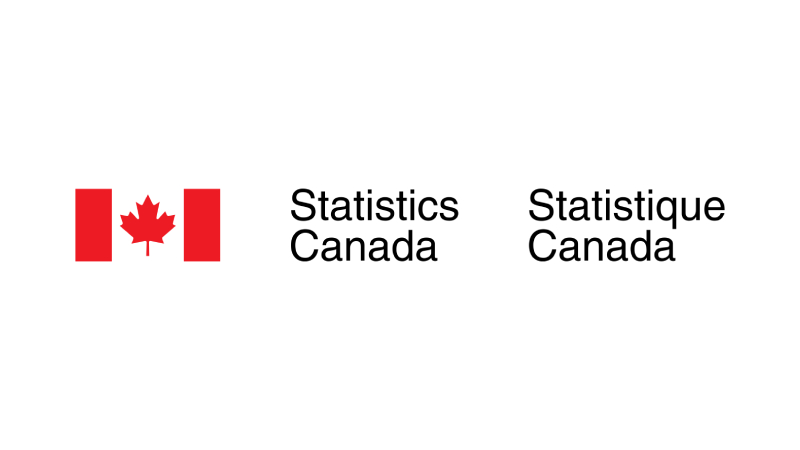Residential Building Permits Slow Down by 6.4% for October

December 17, 2022
The total value of building permits in Canada declined 1.4% in October to $10.0 billion. Losses in the residential sector more than offset gains from the non-residential sector.
On a constant dollar basis (2012=100), the total value of building permits decreased 0.9% to $6.0 billion.
Residential sector cools off for second month
The value of residential permits declined 6.4% to $6.5 billion nationally in October. Similarly, the number of new residential units decreased 4.6%, mainly due to single-family dwellings (-9.3%) which fell for the fifth consecutive month.
The value of building permits in the multi-family component decreased 6.9%, with Ontario posting its second consecutive decline after reaching its peak in August. Nova Scotia also recorded a large decline following its record high in September.
The single-family homes component declined 5.8% in October as eight provinces posted a drop in construction intentions. Conversely, Manitoba saw a notable increase of 14.3% following two weaker months.
Ontario pushes up non-residential sector
The total permit value of the non-residential sector increased 9.5% to $3.5 billion in October.
Construction intentions in the commercial component sharply increased by 18.0% in October. Ontario posted the largest gain, with multiple projects valuing over $20 million, while in September, one permit was reported above this level.
The value of building permits in the industrial component sharply increased by 16.2%, largely due to Ontario, which reported a $114 million permit for a water/sewer project in Erin. New Brunswick also posted notable gains, with three projects valuing over $5 million each.
The institutional component continued to slow as it dropped 17.1% in October, following a 38.2% decrease the previous month, reaching its lowest value since May 2020.
To explore data using an interactive user interface, visit the Building permits: Interactive Dashboard.
To explore the impact of the COVID-19 pandemic on the socioeconomic landscape, please consult the Canadian Economic Dashboard and COVID-19.
For more information on housing, please visit the Housing statistics portal.
Statistics Canada has a Housing Market Indicators dashboard. This web application provides access to key housing market indicators for Canada, by province and by census metropolitan area. The indicators are updated automatically with new information from monthly releases, giving users access to the latest data.





![Guide to the Canadian Electrical Code, Part 1[i], 26th Edition– A Road Map: Section 56](https://electricalindustry.ca/wp-content/uploads/2022/11/Guide-CE-Code-2-768x432.png)




![Guide to the Canadian Electrical Code, Part 1[i], 26th Edition– A Road Map: Section 56](https://electricalindustry.ca/wp-content/uploads/2022/11/Guide-CE-Code-2.png)



